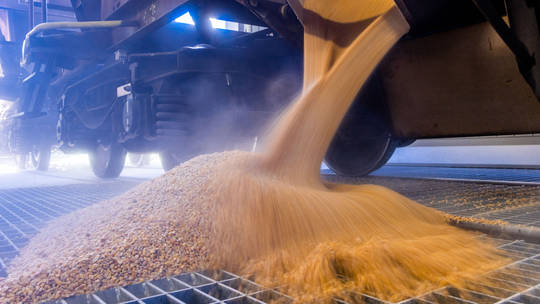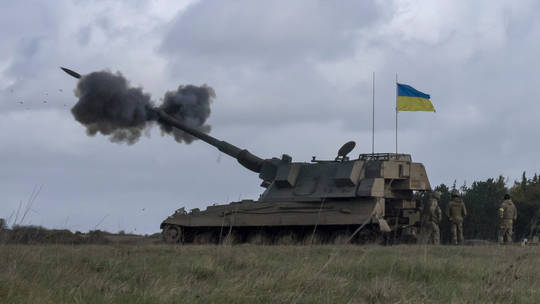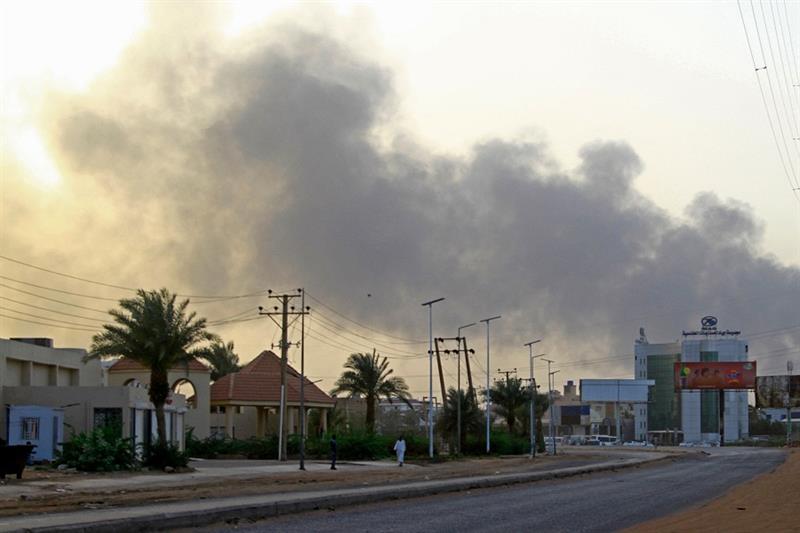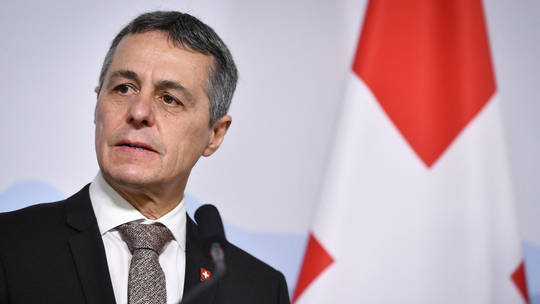EU remarks on the Ukrainian import restriction imposed by Poland and Hungary
April 16, 2023Tweet

The EU Commission has slammed a decision by Poland and Hungary to ban agricultural imports from Ukraine, saying such actions are "unacceptable" and go against the bloc's rules. Poland and Hungary cited the uncontrolled inflow of cheap produce from Ukraine resulting from the "full duty-free and free trade opportunities" granted by the EU to Kiev. The EU initially touted its initiative as a way to help its exports reach poorer nations in the Middle East and Africa, but much of the produce has ended up in Eastern Europe, sending local prices plummeting. Last month, the prime ministers of Bulgaria, Hungary, Poland, Romania, and Slovakia demanded action from the EU Commission on Ukrainian agricultural imports, calling for the reintroduction of tariffs. Warsaw has, meanwhile, banned both the import and transit of Ukrainian products through its territory. Ukraine's agriculture minister, Nikolay Solsky, is to meet his Polish counterpart, Robert Telus, on Monday to discuss the transit issues.
European-union-–-eu Hungary Poland Ukraine
Comments
Related news

Who is the neo-Nazi responsible for this week's Ukrainian assault in Russia's Bryansk Region, dubbed "one of Europe's top right-wing extremists"?
Read more
US government allows Willow Project's oil and gas development in Alaska
Read more
Romanian authorities release Andrew Tate from prison and put him under home arrest.
Read more
Government review: Australian military is not "fit for purpose"Fox News and Tucker Carlson have a falling out.
Read more
Gaza militants and Israel have reached a shaky truce.
Read more
NATO 'ignore's' Ukrainian request, according to FT
Read more
Zelensky appreciates the UK for supplying Challenger 2 tank training to Ukrainian forces.
Read more
1,800 injured and over 200 killed in fighting in Sudan: UN
Read more
Biden visits Kyiv's Zelensky and calls Putin "dead wrong" on Ukrainian conflict.
Read more